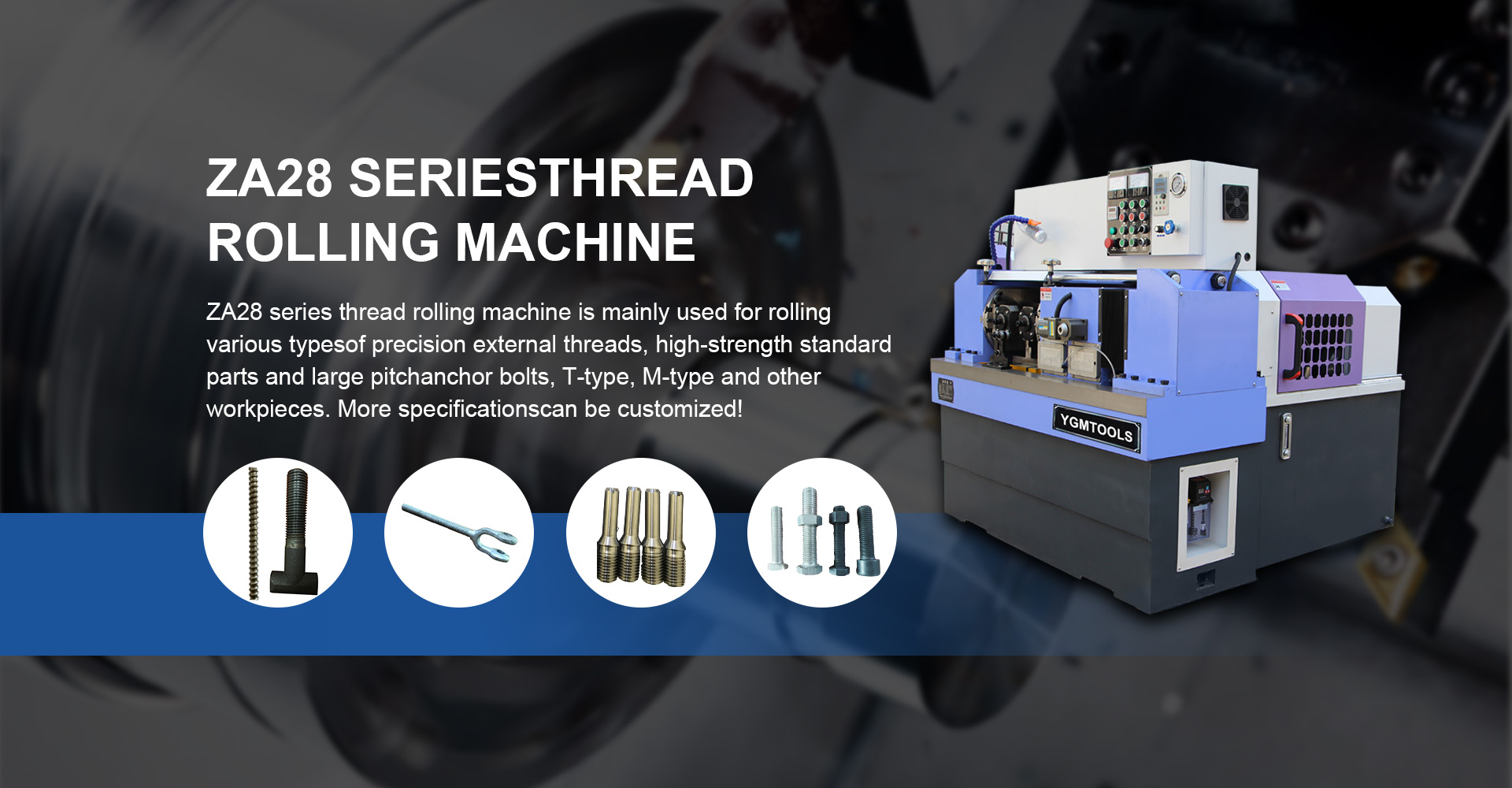
-
 Afrikaans
Afrikaans -
 Albanian
Albanian -
 Amharic
Amharic -
 Arabic
Arabic -
 Armenian
Armenian -
 Azerbaijani
Azerbaijani -
 Basque
Basque -
 Belarusian
Belarusian -
 Bengali
Bengali -
 Bosnian
Bosnian -
 Bulgarian
Bulgarian -
 Catalan
Catalan -
 Cebuano
Cebuano -
 Corsican
Corsican -
 Croatian
Croatian -
 Czech
Czech -
 Danish
Danish -
 Dutch
Dutch -
 English
English -
 Esperanto
Esperanto -
 Estonian
Estonian -
 Finnish
Finnish -
 French
French -
 Frisian
Frisian -
 Galician
Galician -
 Georgian
Georgian -
 German
German -
 Greek
Greek -
 Gujarati
Gujarati -
 Haitian Creole
Haitian Creole -
 hausa
hausa -
 hawaiian
hawaiian -
 Hebrew
Hebrew -
 Hindi
Hindi -
 Miao
Miao -
 Hungarian
Hungarian -
 Icelandic
Icelandic -
 igbo
igbo -
 Indonesian
Indonesian -
 irish
irish -
 Italian
Italian -
 Japanese
Japanese -
 Javanese
Javanese -
 Kannada
Kannada -
 kazakh
kazakh -
 Khmer
Khmer -
 Rwandese
Rwandese -
 Korean
Korean -
 Kurdish
Kurdish -
 Kyrgyz
Kyrgyz -
 Lao
Lao -
 Latin
Latin -
 Latvian
Latvian -
 Lithuanian
Lithuanian -
 Luxembourgish
Luxembourgish -
 Macedonian
Macedonian -
 Malgashi
Malgashi -
 Malay
Malay -
 Malayalam
Malayalam -
 Maltese
Maltese -
 Maori
Maori -
 Marathi
Marathi -
 Mongolian
Mongolian -
 Myanmar
Myanmar -
 Nepali
Nepali -
 Norwegian
Norwegian -
 Norwegian
Norwegian -
 Occitan
Occitan -
 Pashto
Pashto -
 Persian
Persian -
 Polish
Polish -
 Portuguese
Portuguese -
 Punjabi
Punjabi -
 Romanian
Romanian -
 Russian
Russian -
 Samoan
Samoan -
 Scottish Gaelic
Scottish Gaelic -
 Serbian
Serbian -
 Sesotho
Sesotho -
 Shona
Shona -
 Sindhi
Sindhi -
 Sinhala
Sinhala -
 Slovak
Slovak -
 Slovenian
Slovenian -
 Somali
Somali -
 Spanish
Spanish -
 Sundanese
Sundanese -
 Swahili
Swahili -
 Swedish
Swedish -
 Tagalog
Tagalog -
 Tajik
Tajik -
 Tamil
Tamil -
 Tatar
Tatar -
 Telugu
Telugu -
 Thai
Thai -
 Turkish
Turkish -
 Turkmen
Turkmen -
 Ukrainian
Ukrainian -
 Urdu
Urdu -
 Uighur
Uighur -
 Uzbek
Uzbek -
 Vietnamese
Vietnamese -
 Welsh
Welsh -
 Bantu
Bantu -
 Yiddish
Yiddish -
 Yoruba
Yoruba -
 Zulu
Zulu
Affordable Roll Thread Machine Prices from Leading Manufacturers for Your Industrial Needs
Understanding Roll Thread Machine Price and Manufacturers
Roll thread machines have become an essential component in various manufacturing processes, particularly in industries that require high precision, such as automotive, aerospace, and machinery production. These machines are specifically designed to create threads on fasteners, bolts, nuts, and other components efficiently. As industries continue to grow and evolve, understanding the pricing and manufacturers of roll thread machines is crucial for businesses aiming to invest in advanced machinery.
What is a Roll Thread Machine?
A roll thread machine, or thread rolling machine, utilizes a process called thread rolling that involves applying pressure to a metal workpiece to form threads. Unlike traditional cutting methods, thread rolling preserves the integrity of the material, resulting in stronger threads with improved surface finish. This process is also more efficient as it can produce threads without the need for chips or cutting residues.
There are primarily two types of roll thread machines flat die and cylindrical die machines. Each type has its own set of advantages and is suitable for different applications. Flat die machines are ideal for larger workpieces, while cylindrical die machines are more versatile for a broader range of thread sizes and shapes.
Factors Influencing Price
The price of roll thread machines can vary significantly based on several factors
1. Machine Type The type of roll thread machine influences the cost. Flat die machines tend to be more expensive due to their larger scale and capabilities, while smaller cylindrical die machines are generally more affordable.
2. Specifications Machines equipped with advanced features such as automated controls, enhanced precision capabilities, and higher production speeds often carry a premium price tag. Customization options can also affect the final cost.
3. Manufacturer Reputation Well-established manufacturers with a strong track record and a reputation for quality typically charge higher prices due to their brand value. On the other hand, newer or lesser-known manufacturers may offer competitive pricing to attract clients.
roll thread machine price manufacturer

4. Production Capacity Machines designed for high-volume production are usually priced higher compared to machines intended for low or medium production levels due to the added durability and performance.
5. Market Demand Fluctuations in the market demand for industrial machines can also impact prices. A rise in demand often results in increased prices, while an influx of manufacturers can lead to price competition.
Leading Manufacturers
Several manufacturers are known for their roll thread machines. Some of the industry leaders include
- Mitsubishi Electric Renowned for its advanced technology and reliability, Mitsubishi Electric offers a range of roll thread machines suited for various industrial applications.
- Haas Automation As a prominent player in the manufacturing sector, Haas provides high-quality roll thread machines known for their precision and efficiency.
- Acme Manufacturing Company Acme specializes in custom solutions and has a strong reputation for manufacturing robust and versatile roll thread machines.
- Schmidt Technology Known for their innovative designs, Schmidt Technology focuses on creating machines that enhance productivity and accuracy in thread rolling.
Conclusion
Investing in a roll thread machine is a significant decision for any manufacturing business. Understanding the various factors that influence pricing and the reputation of different manufacturers can help ensure that a company makes an informed choice that aligns with its production needs and budget. By evaluating the options carefully and considering both immediate costs and long-term benefits, businesses can maximize their return on investment and enhance their overall efficiency in thread manufacturing processes.
